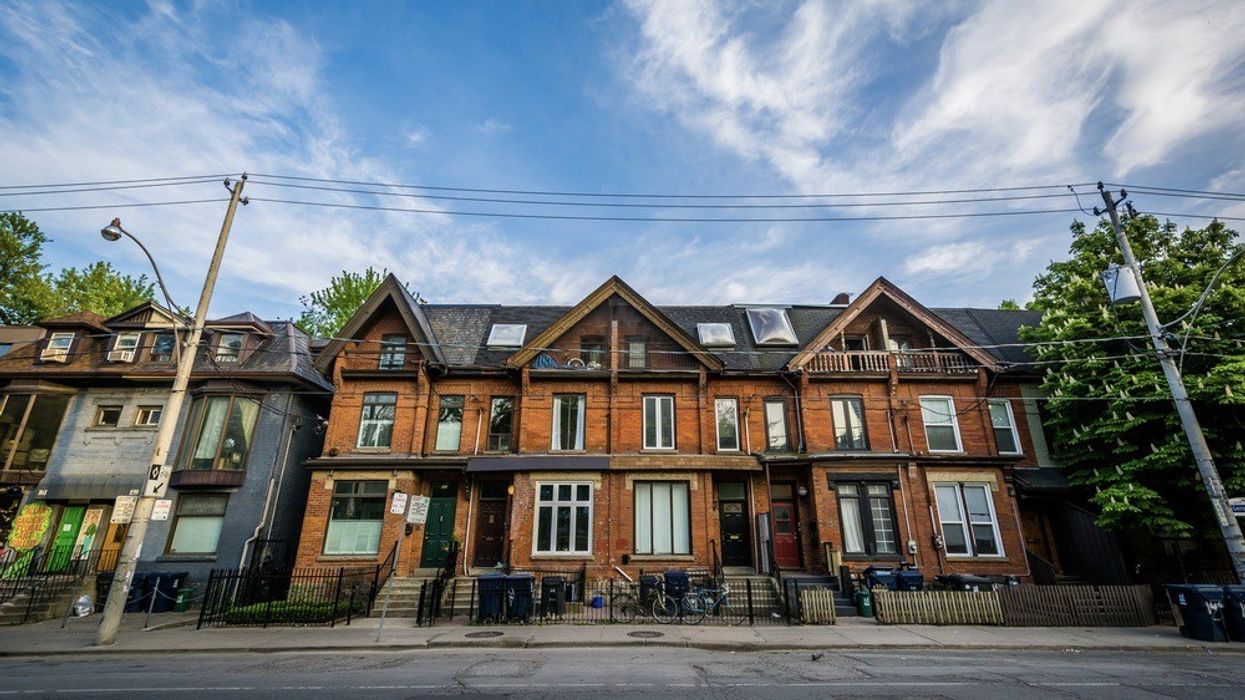Canadians’ confidence in the housing market plummeted to an historical low as a result of eroding affordability, according to Mortgage Professionals Canada’s (MPC) State of the Housing Market survey.
“As Canadians have seen higher home prices broadly across Canada, this development has impacted their views on homebuying, with only 29% of respondents in our survey stating it was a good time to buy a home in their community,” said Paul Taylor, President and CEO of MPC. ”This is the lowest share ever recorded in the history of our survey. The overall average sentiment of respondents is demonstrated by the significantly reduced score of 4.2 out of 10, well below the score of 5.5 out of 10 seen over the past three surveys.”
Seventy-three percent of homebuyers believe that housing prices will increase, up from 69% a year earlier, however, 71% of respondents still believe that Canadian real estate is a solid long-term investment.
Record-Breaking Inflation is a Wildcard
According to the report, the most pressing issue in the Canadian economy is how the central bank will tamp down inflation, which rose to 5.7% in February. With the first interest rate hike since 2018 two weeks ago, more increases are coming.
READ: Borrowers Can Expect at Least 4 More Interest Rate Hikes This Year
The economy is, however, robust. Despite the Omicron-induced lockdown resulting in 200,000 jobs lost, 337,000 were added to the workforce last month, bringing the unemployment rate down to 5.5%, reported Statistics Canada.
Moreover, the savings rate surged in Canada during 2020 and 2021 while mortgage rates declined by to 3.4% in January 2021 from 4.1% a year earlier, permitting borrowers carry larger mortgages.
But all of this has come at the expense of housing affordability, with the Canadian Real Estate Association just reporting that the average Canadian home price broke the $800,000 threshold in February. At $816,720, that's an increase of 20.6% over the same month in 2021.
MPC anticipates that the Bank of Canada’s overnight interest rate will increase to 125 basis points by the conclusion of 2022, and that the Canada Mortgage and Housing Corporation’s five-year fixed conventional mortgage rate will average 4%.
There is hope on the horizon as housing starts in Canada rose by 25% on an annual basis in 2021 -- which MPC noted is one of the best years on record -- and that in the country’s two largest provinces, Ontario and Quebec, housing starts rose by 23% and 26%, respectively. Canada’s western provinces also saw strong growth, led by Alberta at 33%, Saskatchewan at 32%, and British Columbia at 26%. Manitoba also saw 10% growth. Countrywide, housing starts in the single-family detached category surged by 38%.
However, with pandemic supports from the government ending, Canadians will have less disposable income, and that will affect mortgage credit. Although disposable income rose by 8.4% in 2020, it will decline by 1.3% in 2022. The savings rate reached at a 27% high at the beginning of the COVID-19 crisis, but MPC expects it to taper to just 5% by the end of this year, which leaves fewer dollars to spend on mortgages.





















